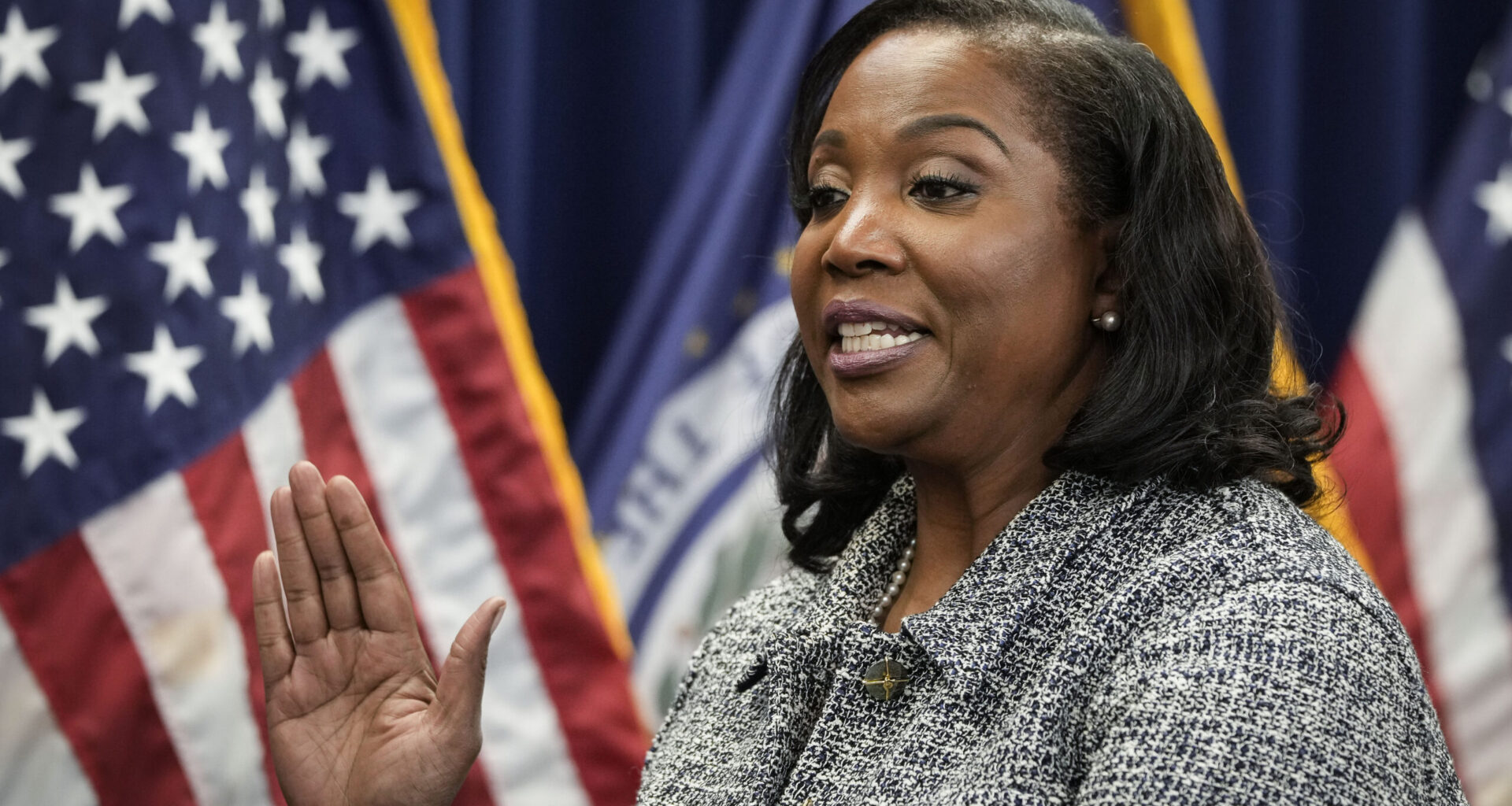A Federal Reserve governor, Lisa Cook, is hoping a recent judicial decision in Harvard’s funding dispute with the government will bolster her defense against President Trump’s efforts to remove her from her post.
In a court filing on Thursday, Ms. Cook’s attorney, Abbe Lowell, likened the central banker’s case against the president to Harvard’s battle to reinstate more than $2.2 billion in funding that was terminated in April. Two days earlier, a United States district judge, Allison Burroughs, had ruled that the federal government’s action against Harvard constituted unlawful retaliation disguised as antisemitism enforcement.
Mr. Lowell is now arguing that Mr. Trump is employing a similar strategy against his client and is urging the court to follow Judge Burroughs’ precedent by examining the president’s public statements to find evidence of his actual motivations.
“That same smokescreen — using concocted allegations of mortgage fraud to find a basis to remove a Governor over policy disagreements and now claim ‘cause’ — is evident in President Trump’s and other public officials’ statements in the record,” Mr. Lowell argued in the filing.
Mr. Lowell is asking the court to grant Ms. Cook a temporary restraining order that would allow her to remain in her position while the case proceeds through litigation. The ruling will determine whether Ms. Cook will be able to cast her vote on interest rate decisions during a Federal Open Market Committee meeting later this month.
Mr. Trump last week became the first president in the Fed’s 111-year history to attempt to fire a central bank governor. The president announced he had fired Ms. Cook because she had simultaneously claimed two different homes as her primary residence in order to get favorable mortgage terms — something his advisors say was uniquely problematic in that Ms. Cook sits on the board that sets interest rates for mortgages and other loans.
Ms. Cook’s legal team maintains that the mortgage fraud allegations serve as “mere pretext” for Mr. Trump’s actions, which they characterize as “nothing more than a set of cherry-picked, cut-and-paste allegations to try to give the President political cover to remove a Board member with whom he has policy disagreements.”
Mr. Lowell argues that it’s too late to go after Ms. Cook over the mortgages because they were fully disclosed to the Democrat-controlled White House and Senate when Ms. Cook was nominated and confirmed. Because Ms. Cook was confirmed after having disclosed all her finances, Mr. Lowell contends, the mortgage matter does not constitute valid legal grounds for presidential removal.
While Mr. Lowell explicitly denied this week that his client committed mortgage fraud, he has not addressed the president’s specific allegations point by point.
Ms. Cook, one of President Biden’s most controversial nominees, was confirmed by the Senate in May 2022 only after Vice President Kamala Harris broke a 50-50 tie. At the time of her nomination, Republicans claimed she had extremist, far-left views on race — including supporting reparations to black people — and that she had embellished her academic credentials to make her seem experienced in monetary policy.
The government fired back at Ms. Cook’s injunction motion on Thursday, dismissing her allegations of “pretext” as “baseless.” The government attorneys argued that Ms. Cook’s “only evidence” — presidential criticism of the Board’s policies — fails to establish improper motive.
“The mere existence of policy disagreement does not mean the President removed Dr. Cook because of that policy disagreement,” the filing stated. The government added that Ms. Cook cannot use her policy disputes with the President to “immunize” herself “from the consequences of her misconduct.”
If Judge Cobb rules in favor of Ms. Cook, the White House will almost certainly appeal the matter to a higher court. Mr. Trump has seen appeals courts overturn multiple rulings by district-level judges. The case of Ms. Cook, legal observers say, could well end up at the Supreme Court.
